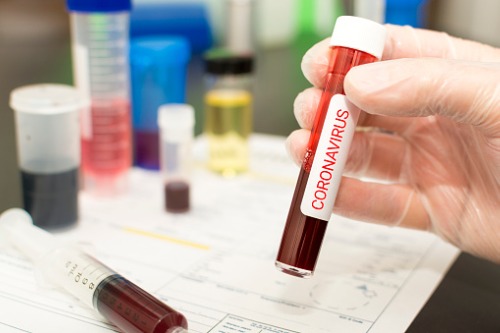
As Australia and the rest of the world continues to grapple with the novel coronavirus (nCoV) outbreak, the University of Queensland (UQ) has made an advancement in the production of a vaccine against another virus.
The University said its Australian Institute for Bioengineering and Nanotechnology (AIBN) researchers’ efforts to produce m102.4, a Hendra virus therapeutic antibody, in larger quantities yielded positive results.
The phase 1 results of the study, which looked into the safety, tolerability, pharmacokinetic as well as immunogenicity of m102.4 in healthy adults was published in The Lancet on Monday.
AIBN has been working with Queensland Health to achieve a world-first human Hendra virus clinical trial. Discovered in 1994, Hendra is a deadly type of henipavirus which targets horses and humans. The virus was named after the Brisbane suburb where the first case was traced.
Though rare, cases of Hendra still occur – the most recent reportedly affecting an unvaccinated mare in NSW.
The m102.4 antibody, however, was developed by a team led by Professor Chris Broder at the Uniformed Services University and National Institutes of Health in the US. The antibody helps block off the virus from entering health human cells.
AIBN-based National Biologics Facility director Professor Trent Munro said that the antibody can also work against the Nipah virus, another lethal type of henipavirus.
“There are regular outbreaks of Nipah in Asia, so having a treatment option in these countries will be critical,” Professor Munro said.
The last case of Nipah virus outbreak happened in 2018 in Kerala, India.
“The ability to produce the m102.4 antibody at increasingly larger scales coupled with formal regulatory approval via clinical trials will play an important role in mitigating the impact and spread of these diseases,” Professor Munro added.
Last month, the university said it was also tasked in developing a vaccine for the nCoV with its rapid response technology. While the development of vaccine can take years, UQ’s technology can shorten the production and testing in a matter of months.


